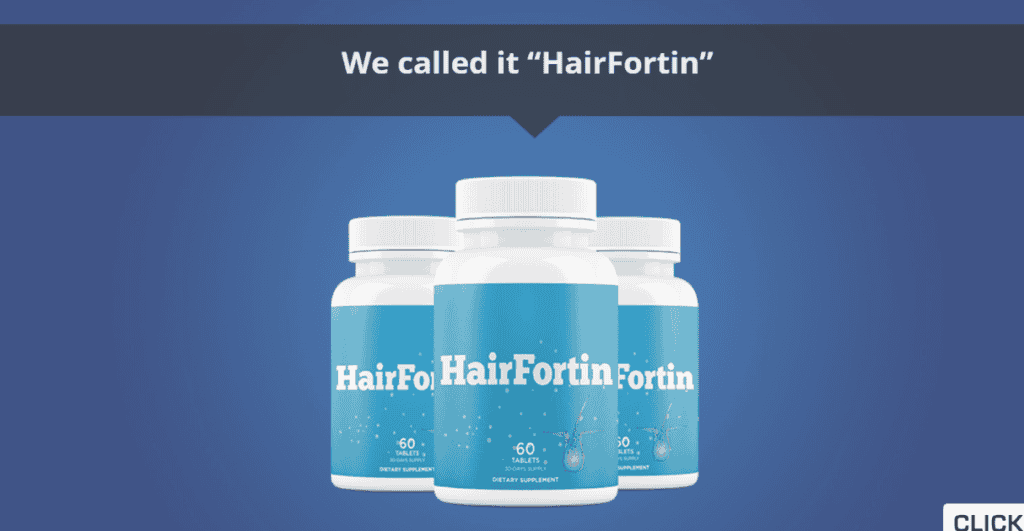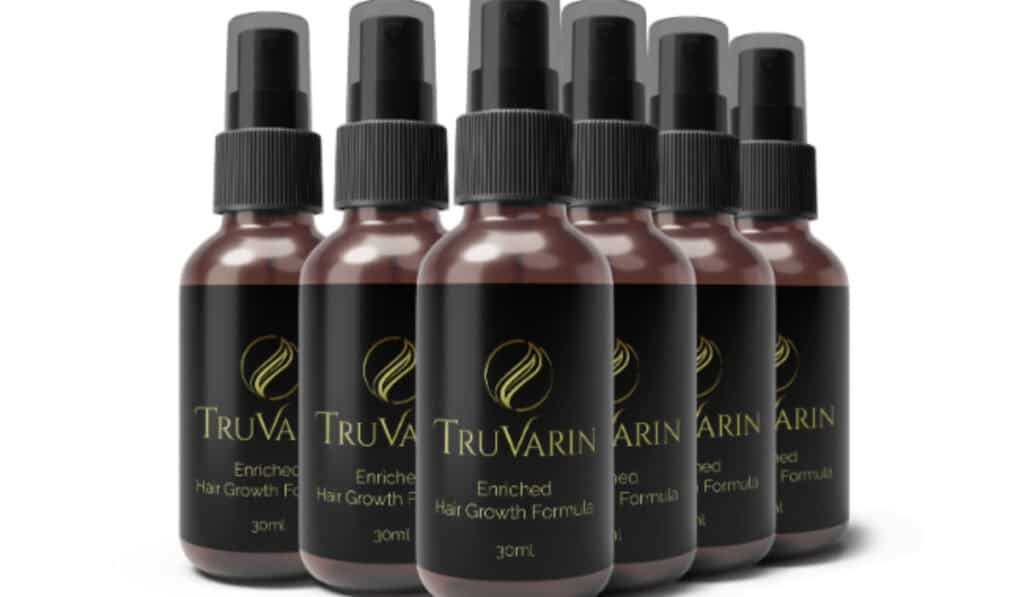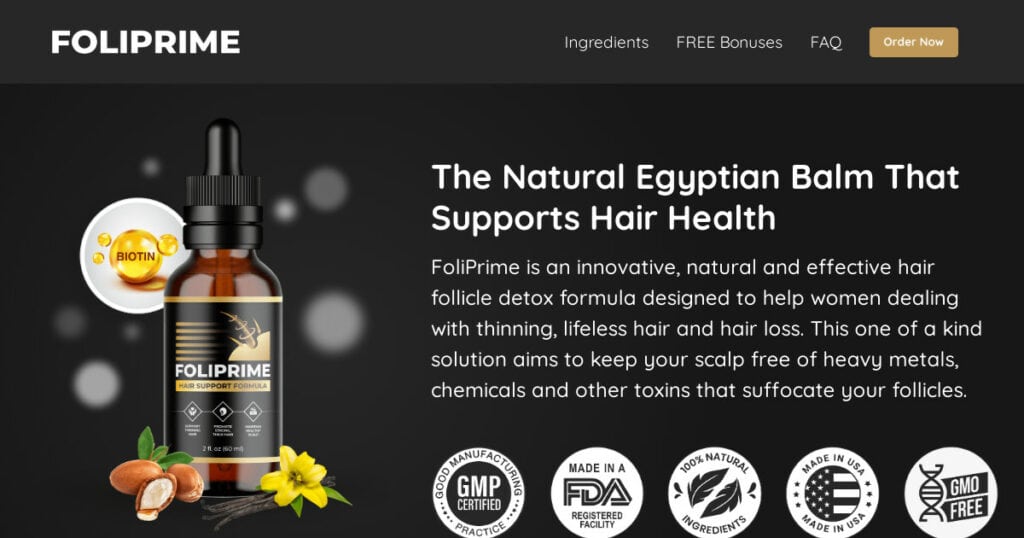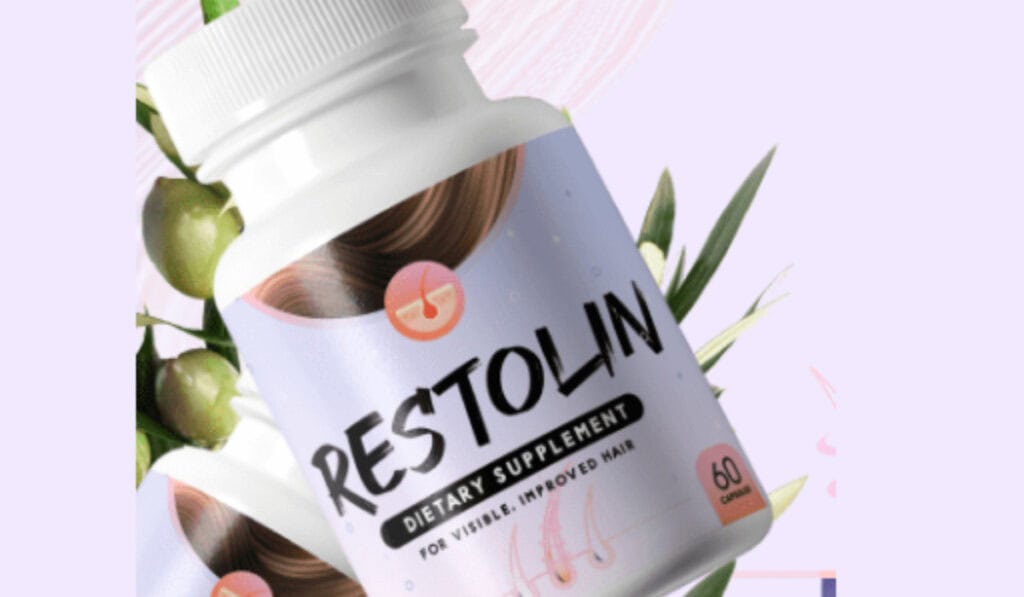Unveiling Nature’s Secrets for Lush Locks
Have you ever wondered how you can boost your hair growth naturally? Nature is filled with herbs that can help your hair become thicker and healthier. From the soothing effects of lavender to the stimulating powers of peppermint, these herbal allies are nature’s gift for lush locks. Learning about these herbs and how to use them can transform your hair care routine into a nurturing journey towards stronger and more vibrant hair.
Exploring the world of herbal remedies for hair growth is not just about applying treatments; it’s about understanding the harmony between nature and our bodies. Each herb offers unique benefits that can target different aspects of hair health, from improving scalp circulation to strengthening hair strands. Integrating these natural wonders into your hair care regimen can lead to visible improvements over time.
Embracing herbal solutions for hair growth is also a step towards a more sustainable and gentle approach to hair care. By choosing natural remedies, you’re not only nurturing your hair but also minimizing your environmental impact. Let’s dive into the secrets of herbal allies for hair growth and discover how they can help you achieve the lush locks you’ve been dreaming of.
Understanding Hair Loss: Causes and Solutions
Hair loss can be a distressing experience, but understanding its causes is the first step towards finding effective solutions. Factors such as genetics, stress, hormonal imbalances, and certain medical conditions can lead to hair thinning and loss. Recognizing these triggers helps in identifying the right approach to combat hair fall and promote regrowth.
Among the solutions, natural remedies stand out for their gentleness and holistic benefits. Herbs and natural ingredients offer a range of solutions that can address the underlying causes of hair loss, such as improving scalp health and strengthening hair follicles. By targeting these areas, herbal treatments work to restore balance and encourage healthy hair growth.
The Science Behind Hair Thinning and Loss
Hair loss occurs when hair follicles enter the resting phase more frequently than the growth phase, leading to noticeable thinning and baldness. Conditions like alopecia areata, where the immune system attacks hair follicles, can also cause significant hair loss. Understanding these mechanisms is crucial for identifying effective treatments.
Other factors contributing to hair thinning include thyroid disease and potential side effects from certain medications. Addressing these underlying issues is often necessary for any growth treatment to be effective. Knowledge of these scientific principles is essential in the quest for fuller, healthier hair.
Herbal Vs. Conventional Treatments for Hair Growth
When it comes to promoting hair growth, herbal treatments offer a gentler alternative to conventional methods. While conventional treatments might provide quicker results, they often come with a higher risk of side effects. Herbal remedies, on the other hand, tend to support hair health more holistically, although patience is required to see results.
Choosing between herbal and conventional treatments depends on individual preferences and the specific needs of your hair. Some may opt for the natural route, embracing the subtle, nurturing effects of herbs. Others might seek the immediate impact of conventional treatments. Balancing these options can lead to a personalized hair care regimen that suits your unique hair growth journey.
The Power of Herbs in Promoting Hair Growth
Herbs are powerful allies in the quest for healthy hair growth. Rich in amino acids and essential nutrients, herbs like rose petals and peppermint stimulate hair growth by enhancing blood circulation to the scalp. Whether applying topical treatments or taking herbs internally, these natural solutions offer a wide range of benefits for those looking to improve their hair’s health. However, pregnant or breastfeeding individuals should consult a healthcare provider before incorporating new herbs into their regimen.
Lavender and Peppermint: A Soothing Duo for Scalp Stimulation
Lavender and peppermint make a powerful duo for enhancing hair growth. When treated with a blend of these essential oils and coconut oil, you can experience improved follicle depth and a healthier scalp. This combination not only soothes the scalp but also encourages a conducive environment for hair growth.
Lavender: Calming and Regenerative Properties
Lavender oil, known for its calming effects, also plays a crucial role in hair regeneration. Studies have shown that when hair follicles are treated with lavender oil, there’s a noticeable improvement in follicle depth and hair growth. This herb’s regenerative properties make it an excellent choice for those looking to thicken their hair.
By incorporating lavender oil into your hair care routine, you can benefit from its soothing aroma while nurturing your scalp and hair. Its ability to promote relaxation further enhances its appeal as a natural remedy for hair growth.
Peppermint: Invigorating the Scalp for Enhanced Growth
Peppermint oil has been highlighted in a 2014 study for its ability to significantly increase hair growth. When applied to the scalp, peppermint oil creates a tingling sensation that stimulates blood flow, encouraging hair follicles to move from the resting phase into the active growth phase.
This invigorating oil not only promotes hair growth but also provides a refreshing scent that energizes the senses. Incorporating peppermint oil into your routine can lead to visible improvements in hair thickness and health.
Rosemary and Ginseng: Boosting Circulation and Strength
Rosemary and ginseng are powerful herbs known for their ability to enhance scalp health and stimulate hair growth. Rosemary acts as a 5α-reductase inhibitor, preventing the conversion of testosterone into DHT, a known cause of hair loss. Ginseng, with its antibacterial properties, promotes a healthy scalp environment. When combined with essential oils and olive oil, these herbs offer a potent solution for strengthening hair and boosting circulation.
Rosemary: A Natural DHT Blocker for Thicker Hair
Rosemary is enriched with amino acids and rose petals, elements that are essential for hair thickness and health. Its ability to block DHT makes it a natural choice for those experiencing hair thinning. Regular use can lead to visibly thicker and stronger hair.
Integrating rosemary into your hair care regimen not only combats hair loss but also adds a pleasant, refreshing scent. Its holistic benefits extend beyond hair growth, making it a staple in natural hair care.
Ginseng: Strengthening Roots and Revitalizing Hair Follicles
Ginseng is renowned for its strengthening properties, particularly at the hair’s roots. Its revitalizing effects on hair follicles can lead to improved hair growth and overall scalp health. By enhancing blood circulation, ginseng ensures that hair follicles receive the nutrients they need to thrive.
Incorporating ginseng into your hair care routine can result in stronger, more resilient hair. Its natural energizing properties make it an ideal herb for those seeking to rejuvenate their locks.
Horsetail and Aloe Vera: For Structural Support and Moisture
Horsetail and aloe vera are essential for providing structural support and moisture to the hair. Rich in silica, horsetail strengthens hair, while aloe vera gel offers unparalleled hydration and soothes the scalp. Together, they create a powerful duo for treating alopecia and combating seborrheic dermatitis.
Horsetail: Silica-Rich Support for Hair Strength
Horsetail’s high silica content is crucial for hair strength and elasticity, preventing breakage and promoting growth. By incorporating horsetail into your hair care regime, you can expect to see a noticeable improvement in the overall health and appearance of your hair.
This ancient herb not only supports the structural integrity of your hair but also enhances its natural sheen. Its benefits are a testament to the power of natural remedies in achieving healthy, vibrant hair.
Aloe Vera: Hydrating and Soothing Scalp Care
Aloe vera gel is a wonder ingredient for scalp care, offering deep hydration and soothing properties. Its ability to treat alopecia and alleviate symptoms of seborrheic dermatitis makes it a versatile ally in hair care. The gel’s natural enzymes also help unclog hair follicles, promoting healthy growth.
Integrating aloe vera into your hair care routine can transform your scalp health and hair vitality. Its gentle, moisturizing effect is ideal for those looking to nurture their hair naturally.
Stinging Nettle and Red Clover: Nature’s Answer to Hair Loss Prevention
Stinging nettle and red clover are nature’s answer to preventing hair loss. With their antibacterial and anti-inflammatory properties, these herbs support a healthy scalp environment. The reductase enzyme in red clover helps in reducing scalp inflammation, while stinging nettle’s root extract is known for its ability to combat hair thinning.
Stinging Nettle: A Herbal Ally Against Hair Thinning
Stinging nettle has been known for centuries as a powerful herbal ally against hair thinning. When applied to the scalp, it can invigorate the roots and promote healthier hair growth. This is partly because stinging nettle helps combat the conversion of testosterone into DHT, which is a major contributor to hair loss. Further research is needed to fully understand all the benefits it offers, but its potential is undeniable.
For those looking to fortify their hair care routine, incorporating stinging nettle could be a game-changer. It’s not just about slowing down hair loss; it’s also about nurturing the scalp and creating an optimal environment for hair follicles to thrive. Whether through topical treatments or herbal teas, stinging nettle offers a natural way to support your hair’s vitality.
Red Clover: Isoflavones for Hair Density Improvement
Red clover is rich in isoflavones, which work wonders for improving hair density. These powerful compounds mimic the effects of estrogen, which can be beneficial in promoting hair growth, especially during the anagen phase – the active growth phase of hair follicles. Applying products containing red clover extract to the scalp can thus stimulate hair growth and improve hair thickness.
Aside from boosting hair density, red clover also offers nourishing benefits to the scalp, thanks to its anti-inflammatory and moisturizing properties. This makes it an excellent choice for those looking to address hair thinning and scalp health simultaneously. With consistent use, red clover can help unlock fuller, more vibrant locks.
Hibiscus and Sage: Nourishing and Protecting Your Hair
Hibiscus and sage are like the dynamic duo for your hair, offering both nourishment and protection. Hibiscus is known to enhance hair growth and has even shown promise in growth in male mice studies, suggesting its potential for humans. Sage, on the other hand, keeps your scalp healthy, which is crucial for hair to thrive. Together, they create a powerhouse combination for anyone wanting to maintain lush, healthy locks.
Hibiscus: Enhancing Growth and Preventing Graying
Hibiscus is not just a beautiful flower; it’s a potent ally for your hair. Research is needed to fully validate its effects, but animal studies show that ethanol extracts from hibiscus leaves can significantly enhance hair growth. This makes it an excellent option for those looking to boost their hair’s volume and vitality. Moreover, hibiscus is also celebrated for its ability to prevent premature graying, keeping your natural hair color vibrant for longer.
Applying hibiscus-infused products to your hair can deliver these benefits directly to your scalp and locks. Whether you’re dealing with thin hair or just seeking to protect your strands against the signs of aging, hibiscus offers a natural solution that’s worth exploring. Plus, its rich antioxidant properties add an extra layer of protection against environmental stressors.
Sage: Promoting Growth and Scalp Health
Sage is a remarkable herb that goes beyond culinary uses, offering significant benefits for hair growth and scalp health. Its natural oils and antioxidants help to nourish the scalp, creating a healthy environment for hair follicles to flourish. Regular use of sage in your hair care routine can help in reducing hair fall and promoting new hair growth.
Moreover, sage’s antifungal and antibacterial properties make it an excellent remedy for combating dandruff and other scalp issues. By keeping the scalp clean and balanced, sage ensures that hair growth is not hindered by common scalp problems. Incorporating sage into your hair care regimen can lead to healthier, more resilient hair.
Expanding the Herbal Horizon for Hair Care
Exploring the world of herbal hair care opens up a treasure trove of options for promoting hair growth and health. From the well-known benefits of oils and extracts to the surprising efficacy of less common herbs, there’s a vast array of natural ingredients waiting to be discovered. Embracing these herbal allies can lead to thicker, stronger, and more vibrant hair.
Pumpkin Seed Oil: The Secret Ingredient for Hair Thickness
Pumpkin seed oil is emerging as a secret hero for those seeking thicker hair. A 2014 study highlighted its potential, showing significant hair growth in men with androgenetic alopecia over 24 weeks. This is likely due to pumpkin seed oil’s ability to inhibit the conversion of testosterone into DHT, a hormone that can lead to hair loss.
Using pumpkin seed oil for hair growth is simple yet effective. Applying the oil directly to the scalp can nourish the hair follicles and promote a healthier, fuller head of hair. Its rich nutritional profile, including essential fatty acids and antioxidants, also supports overall scalp health, making it a valuable addition to any hair care routine.
Onion Juice: A Surprising Natural Remedy for Growth Stimulation
Onion juice might not be the first thing that comes to mind for hair care, but it’s a surprisingly effective natural remedy for stimulating hair growth. Its high sulfur content helps improve blood circulation to the hair follicles, reducing inflammation and rejuvenating hair growth. Additionally, the antioxidants in onion juice help combat oxidative stress, a common factor in premature hair thinning.
Applying onion juice to the scalp has been acknowledged as one of the promising treatment options for hair loss. Its ability to promote a healthy scalp environment encourages stronger, more resilient hair growth. For those willing to overlook the strong scent, onion juice can be a potent, cost-effective solution for enhancing hair volume and vitality.
Saw Palmetto: A Herbal DHT Blocker for Hair Regrowth
Saw palmetto, or Serenoa repens, is a natural remedy well-regarded for its ability to increase hair growth, especially in cases of telogen effluvium, where it helps transition hair back to the growth phase. Its mechanism involves blocking the formation of DHT, a derivative of testosterone that’s linked to hair loss. This makes saw palmetto a popular choice among those seeking to combat thinning hair without resorting to chemical treatments.
Integrating saw palmetto into your hair care regimen can significantly contribute to regaining fuller and thicker hair. Whether taken as a supplement or applied topically, saw palmetto supports hair health at the root, addressing hair loss at its source. As a natural remedy, it offers a gentler alternative to conventional hair loss treatments, with many turning to it for its dual benefits of promoting hair regrowth and improving scalp health.
Alternative Natural Treatments: Beyond Common Herbs
While many are familiar with the traditional herbs used for hair care, there’s a whole world of alternative natural treatments waiting to be explored. These include innovative uses of common ingredients and the discovery of less known herbs, each offering unique benefits for hair growth and health. Embracing these alternatives can provide new solutions for those seeking to enhance their hair care regimen naturally.
Green Tea: Antioxidant-Rich Growth Enhancer
Green tea is not just a refreshing beverage; it’s also an antioxidant-rich growth enhancer for your hair. The catechins found in green tea are known to stimulate hair follicles and promote hair growth, making it an excellent addition to your hair care routine. Its anti-inflammatory properties also help in maintaining a healthy scalp, further supporting hair growth.
Applying green tea directly to the scalp or incorporating it into your diet can provide your hair with the vital nutrients it needs to grow stronger and healthier. Its natural antioxidants also protect the hair and scalp from environmental stressors, ensuring your hair remains vibrant and resilient against damage.
Rose Petals and Moringa: Unique Herbal Approaches to Hair Care
Rose petals and moringa offer unique herbal approaches to hair care, each bringing their own set of benefits to the table. Rose petals, rich in vitamins and antioxidants, provide a gentle, nurturing touch, revitalizing the scalp and enhancing hair’s natural shine and softness. Moringa, on the other hand, is packed with vitamins, minerals, and amino acids, making it a powerhouse for nourishing the hair and promoting growth.
Incorporating these ingredients into your hair care routine can transform your hair’s health and appearance. Whether used in oils, masks, or shampoos, rose petals and moringa work synergistically to strengthen, protect, and beautify your hair, offering a holistic approach to hair care that harnesses the power of nature.
Crafting Your Herbal Hair Growth Regimen
Creating an herbal hair growth regimen is a personalized journey towards healthier, fuller hair. By selecting the right combination of herbs and natural ingredients, you can tailor a hair care routine that addresses your specific needs and goals. This involves understanding the unique properties of each herb and how they can work together to nourish, strengthen, and revitalize your hair.
From the stimulating effects of peppermint and rosemary to the nourishing properties of aloe vera and jojoba oil, each ingredient plays a crucial role in promoting hair growth. Experimenting with different herbs and natural remedies allows you to discover the perfect blend that works for your hair type and condition. With patience and consistency, your herbal hair growth regimen can lead to noticeable improvements in the health and appearance of your hair.
How to Incorporate Herbs into Your Hair Care Routine
Incorporating herbs into your hair care routine can seem daunting at first, but with a few simple steps, you can easily benefit from their natural properties. Start by identifying herbs that target your specific hair concerns, such as rosemary for growth or sage for scalp health. You can use these herbs in various forms, such as oils, rinses, or masks, to ensure your hair and scalp receive their full benefits.
For instance, mixing castor oil, rich in fatty acids, with a few drops of essential oils like lavender or peppermint, can create a potent hair growth serum. Alternatively, a rinse made from green tea or rose petals can soothe the scalp and enhance shine. Regularly applying these herbal treatments will gradually improve your hair’s health, leading to stronger, more vibrant locks.
DIY Herbal Hair Treatments: Masks and Rinses for Growth
DIY herbal hair treatments offer a natural and effective way to promote hair growth and improve hair health. Creating your own masks and rinses allows you to harness the power of herbs and natural ingredients directly. For example, a mask combining aloe vera gel with rosemary oil can deeply nourish the scalp and stimulate hair follicles, encouraging growth.
Rinses, on the other hand, can be made from infusions of herbs like lavender or peppermint, applied after shampooing to invigorate the scalp and leave hair feeling refreshed and revitalized. These simple, homemade treatments provide a cost-effective alternative to commercial products, offering a personalized approach to hair care that focuses on natural growth and rejuvenation.
Additional Growth Tips: Maximizing Your Herbal Hair Care Benefits
To truly maximize the benefits of your herbal hair care routine, consider integrating lifestyle changes that support overall hair health. Staying hydrated, maintaining a balanced diet, and avoiding harsh hair treatments can all contribute to the effectiveness of herbal remedies in promoting new growth. Remember, the health of your hair is a reflection of your overall well-being.
Additionally, regular exercise not only boosts your mood and health but can also improve blood circulation to your scalp. This increased blood flow delivers more nutrients and oxygen to your hair follicles, aiding in healthier hair growth. Combining these lifestyle adjustments with your herbal hair care can lead to noticeable improvements in hair texture and growth over time.
Lifestyle Adjustments for Supporting Hair Growth
Making small changes in your daily routine can have a big impact on your hair’s health. For instance, reducing stress through meditation or yoga can significantly lower the likelihood of hair thinning due to stress. Similarly, cutting back on smoking and alcohol consumption can improve circulation and, in turn, promote healthier hair growth.
Protecting your hair from environmental damage by wearing hats or using gentle, natural hair products can also prevent unnecessary breakage and loss. These lifestyle adjustments, when combined with a routine of herbal hair care, set the stage for stronger, more vibrant hair.
Understanding the Importance of Patience and Consistency
Embarking on a journey of herbal hair care requires patience. Unlike conventional treatments, herbal remedies work in harmony with your body’s natural rhythms, which means results may take time to become visible. Consistency is key; regular use of herbal formulations, whether topical or ingested, is crucial for achieving the best results.
Remember, hair grows at an average of about half an inch per month, so give your herbal treatments time to work. Documenting your progress can be a helpful way to track changes and keep motivated. Stay patient and consistent, and you’ll be rewarded with healthier, stronger hair.
Herbal Hair Treatments: Are They Right for Everyone?
While herbal hair treatments offer a natural way to promote new growth and enhance scalp health, they may not be suitable for everyone. Factors like individual allergies, the specific cause of hair loss, and pre-existing scalp conditions can influence how effective these treatments are. It’s important to do a patch test before fully incorporating any new herbal remedy into your routine.
Furthermore, those with sensitive skin or scalp conditions should consult with a healthcare provider before beginning any new herbal hair care regimen. This is to ensure that the chosen herbs will not exacerbate their condition or interact negatively with other treatments they may be using. Personalization is key in herbal hair care, as everyone’s hair and scalp needs are unique.
Evaluating the Effectiveness and Suitability of Herbal Remedies
Determining whether herbal remedies are the right choice for promoting healthy hair growth involves a bit of trial and error. Start with a small selection of herbs known for their efficacy in hair care, such as rosemary or lavender, and monitor how your hair responds. It’s also beneficial to keep in mind that what works for one person may not work for another due to differences in hair types and conditions.
When evaluating herbal remedies, research their properties and potential side effects. For example, some herbs might be too potent for sensitive scalps, while others might be perfect for your hair type. Consulting with a herbalist or a trichologist can provide tailored advice and ensure that you’re using herbal remedies safely and effectively.
Nourishing Your Hair Inside Out: The Role of Diet in Hair Health
Your diet plays a crucial role in the health of your hair. Consuming foods rich in vitamins and minerals supports hair growth at the follicle level. Incorporating plant extracts known for their beneficial properties, like stinging nettle, can also provide an internal boost to your hair care regimen. Stinging nettle, for example, is rich in silica content and vital minerals that support scalp health and hair strength.
Ensuring a balanced intake of proteins, vitamins, and minerals is essential for nurturing your locks from the inside out. Foods high in omega-3 fatty acids, antioxidants, and biotin contribute to a healthy scalp and hair. Hydration is equally important; drinking plenty of water throughout the day helps to maintain optimal hair health.
Essential Nutrients and Vitamins for Supporting Hair Growth
To bolster your hair growth efforts, focus on nutrients that directly benefit hair strength and growth. Vitamins A, C, D, and E, along with minerals like zinc and iron, play significant roles in hair health. Biotin, often heralded for its hair growth benefits, is another crucial nutrient to include in your diet.
Omega-3 fatty acids found in fish, flaxseeds, and walnuts are vital for maintaining a healthy scalp and hair. These nutrients help to keep your hair hydrated and protect against hair loss. Incorporating a variety of these nutrient-rich foods into your daily diet can significantly impact the health and growth rate of your hair.
A Comprehensive Conclusion: Embracing Nature’s Bounty for Hair Growth
Embracing the bounty that nature offers for hair growth involves more than just applying topical treatments; it’s about a holistic approach that includes diet, lifestyle, and the judicious use of natural ingredients. Carrier oil, for instance, is not just a base for your herbal concoctions but also a potent source of nourishment for your scalp and hair. Combined with herbs that have anti-inflammatory properties, these natural solutions can significantly improve scalp health and hair strength.
By choosing to incorporate natural ingredients into your hair care routine, you’re opting for a gentle, sustainable path towards healthier hair. Whether it’s through the application of herbal masks, the intake of nutrient-rich foods, or making lifestyle adjustments, the essence of nature’s healing and regenerative power can be harnessed to achieve the lush, vibrant locks you desire.
Realizing the Potential of Herbal Allies in Your Journey to Healthier Hair
The journey to healthier hair through the use of herbal allies is a promising path that blends ancient wisdom with modern understanding. By promoting hair growth and aiding in the management of androgenetic alopecia, these natural remedies offer a gentler alternative to conventional treatments. However, it’s important to be aware that some individuals may develop an allergic reaction to certain herbs. Therefore, conducting a patch test before fully incorporating any topical herbal product into your regimen is crucial.
Ultimately, the effectiveness of herbal treatments in your hair care routine depends on a variety of factors, including your specific hair type, condition, and the underlying causes of any issues. With patience, consistency, and a willingness to experiment and learn, you can unlock the full potential of herbal allies in your quest for stronger, healthier hair.





